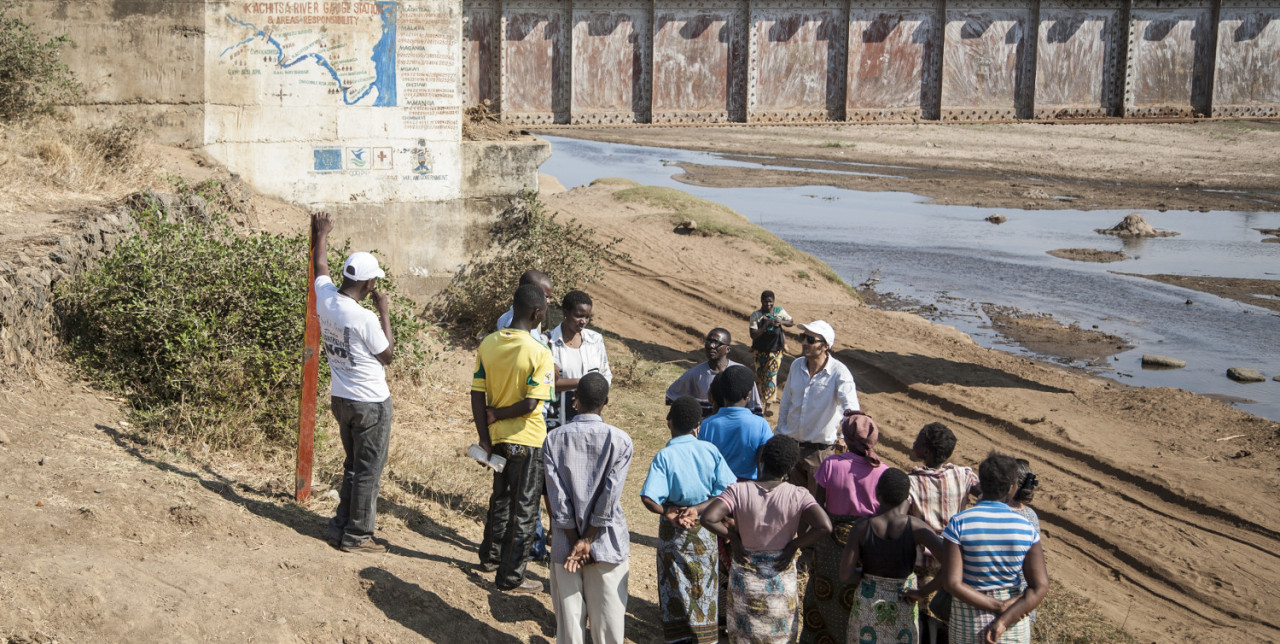25-09-2017 | di COOPI
Disaster Risk Management in Malawi
In Malawi, since the 1st August, COOPI has been working on the project "Strengthening the Disaster Risk Management system, at the national and district levels, to reduce future humanitarian needs by decreasing risk to vulnerable populations".

Located in Sub-Saharan Africa, Malawi is cyclically stricken by floods and droughts. The impact of disasters causes widespread human and socio-economic losses, including food insecurity and outbreak of diseases.
For instance, in 2016 El Niño phenomenon led to the worst drought in 35 years in Southern Africa. As a consequence, in the 2016-2017 period, a total of 6,491,847 people have been requiring humanitarian assistance in Malawi. Previously, in January 2015, when floods occurred, more than 174,000 people were displaced and approximately 250,000 households lost their agricultural production.
In this contest, COOPI, in collaboration with Concern Worldwide and the National Department of Disaster Management Affairs (DODMA) and the local actors, will work for the next 15 months to enhance communities' resilience to possible future crisis by promoting the culture of disaster preparedness.
Multi-level risk management
At the national level, our staff will support DODMA in the construction of a geoportal which will provide relevant information for decision-making process, disaster risk management, development programs as well as emergency response. In order to obtain more precise data, we will use unmanned aerial vehicles (drones) for mapping risk prone and disaster affected areas, assessing damages, conducting rescue operations and delivering relief assistance to affected population.
At the local level, specifically in Mangochi and Nsanje districts, we will support the enhancement of early warning system (EWS), by improving hazard monitoring and response capacities, closely working with village civil protection committees. Our work will also focus on:
- promoting disaster risk reduction education targeting children and teachers;
- construction of small mitigation works;
- installation of basic equipment for flood monitoring.
In addition, we will develop a shock-responsive social protection program by pre-identifying vulnerable households in order to fasten humanitarian assistance processes.
Moreover, within two weeks from the occurrence of a disaster, a cash transfer system will be put in place to enable target beneficiaries to decide themselves about how to meet their own needs.
In Malawi, the likelihood of an emergency is forecasted during the next rainy season (December 2017-January 2018). We expect that communities will be better prepared to assess their risks, cope, adapt, and quickly recover from their impact. However, in case of disaster, we will support emergency and relief operation, in coordination with local and national institutions and humanitarian partners.
This project is funded by ECHO - the European Commission's Humanitarian Aid and Civil Protection Department.




 Malawi
Malawi